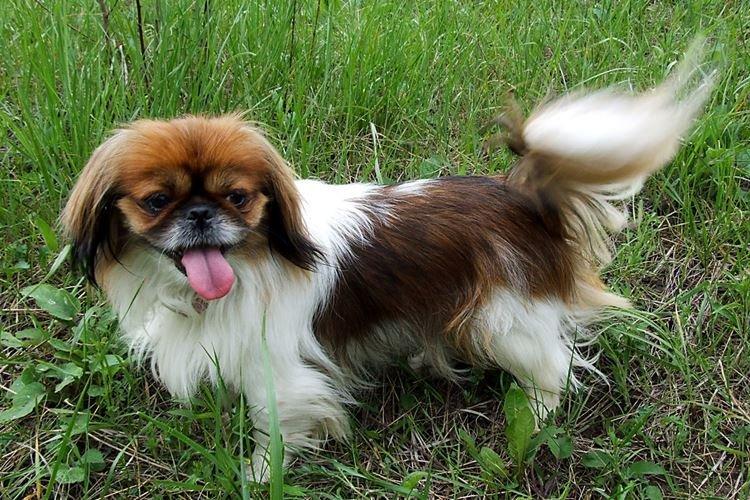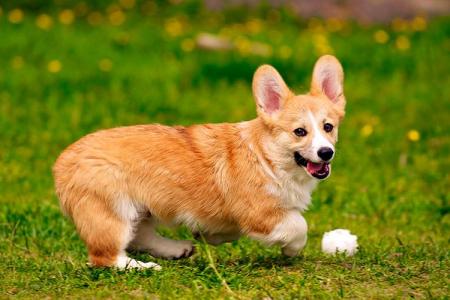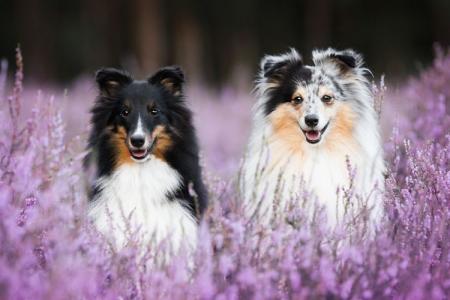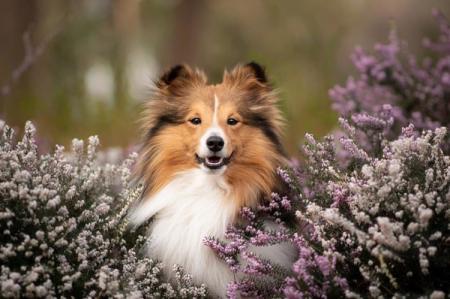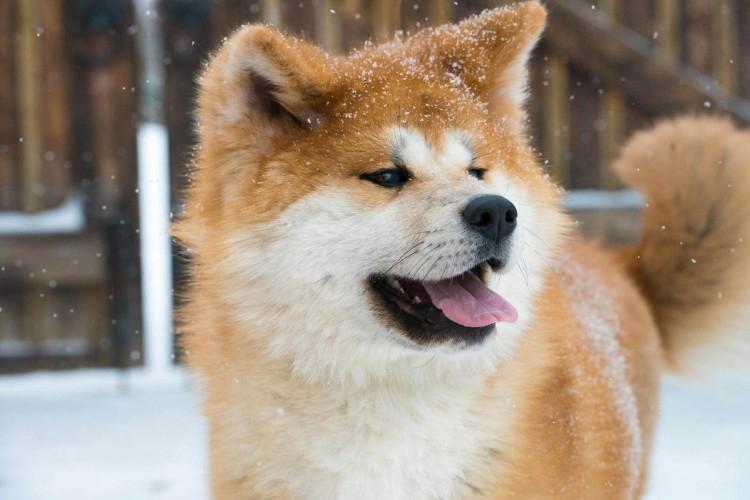
The first thing that comes to mind when it comes to Japanese dog breeds is the acclaimed film Hachiko. In fact, the "Japanese" are a small group with many similarities and differences. We have already learned all the nuances and are ready to tell you in more detail along with the names and photos!
1. Japanese Akita
The Akita Inu or Japanese Akita breed is already about 2 thousand years old, and it was bred specifically to protect the emperor's family. They are very loyal, understanding, friendly and social dogs. But they need regular exercise, proper nutrition and do not tolerate aggression.
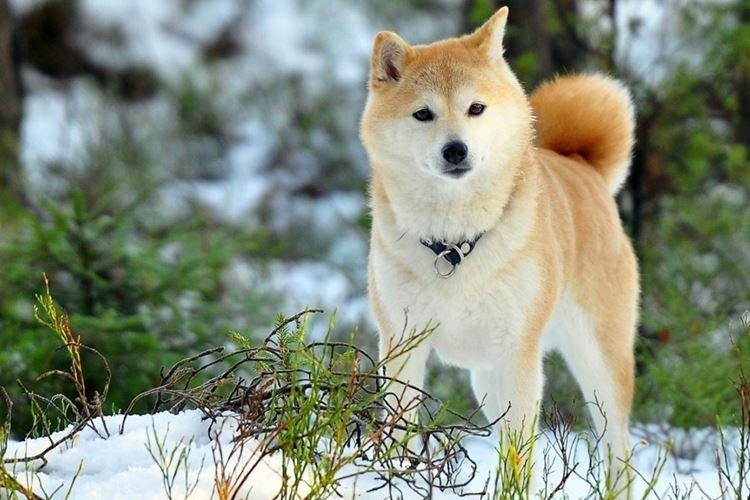
2. American Akita
Despite the name, this breed also belongs to the Japanese group and is about 1.5 thousand years old. American Akitas are more powerful, stronger and slightly larger than Japanese - about 50 kg. They were used to guard livestock or when hunting, so they get too bored in a small apartment.
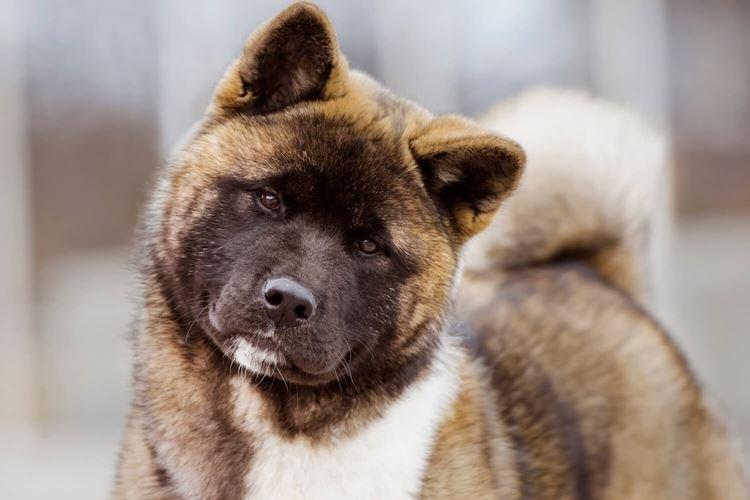
3. Sanshu
The new breed is not yet two centuries old, and although it resembles an Akita, it is believed that its ancestors were Chow Chow. Sanshu has an unusual structure of the skull and muzzle, a strong neck, well-developed muscles and powerful paws. An adult dog weighs about 25 kg, and in good conditions it is a real long-liver - up to 17 years.
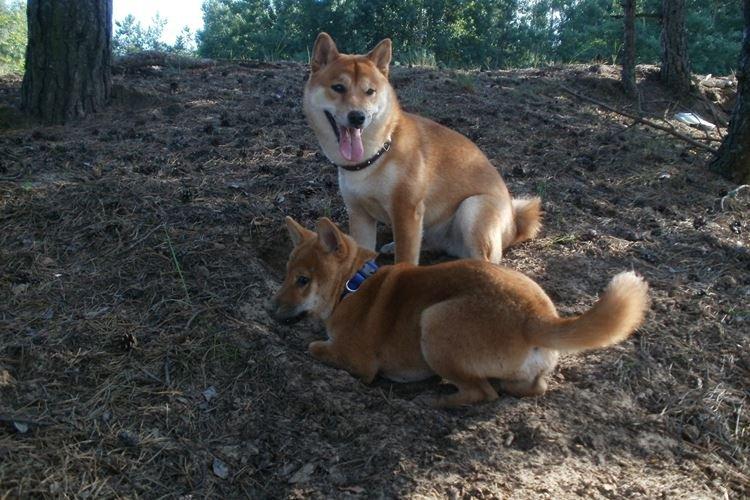
4. Tosa Inu
Tosa Inu are very different from typical Japanese breeds, but nevertheless they were bred in the Land of the Rising Sun. This is a fighting mastiff - strong, huge, hardy and courageous. It is necessary to educate such a dog from the first months so that it does not grow aggressive. You should not start a Tosa Inu in a house with small children, but it will become a faithful guardian and a good companion.
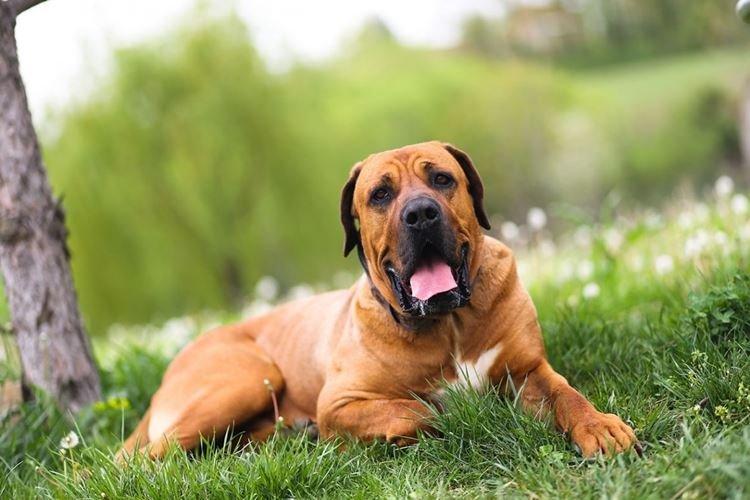
5. Kai
The breed was bred in the mountains, almost completely isolated from the flat part of the region, so it best preserved its original features. Kai is an active hunting dog that needs company and socialization. She is gregarious, gets along well with children and other animals, and yet she is not at all afraid of heat and cold.
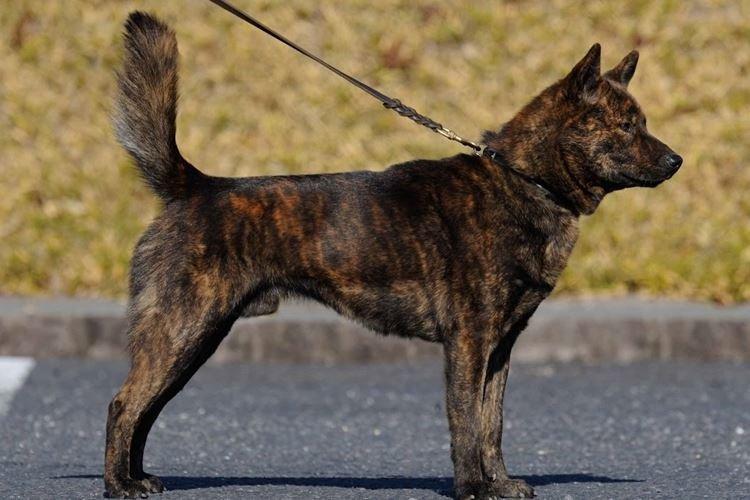
6. Shiba Inu
Not too large, but strong and hardy, the Shiba Inu gained popularity in Japan as a hunting dog. These are brave, self-sufficient and strong-willed animals that need the same master-leader. Adult Shiba Inu resemble foxes a bit in their skull structure. They are suspicious of strangers and have a highly developed hunting instinct.
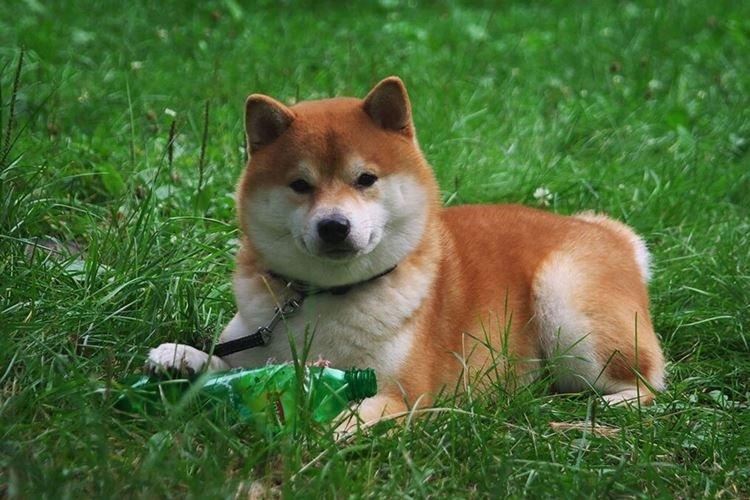
7. Shikoku
An ancient Japanese breed by its origin - the closest relative of the Shiba Inu. Adult dogs grow more than 50 cm at the withers, with short dense hair that requires almost no grooming. Shikoku can be started in an apartment, but then they need to be walked regularly and duty, because by nature they are active and agile hunters.
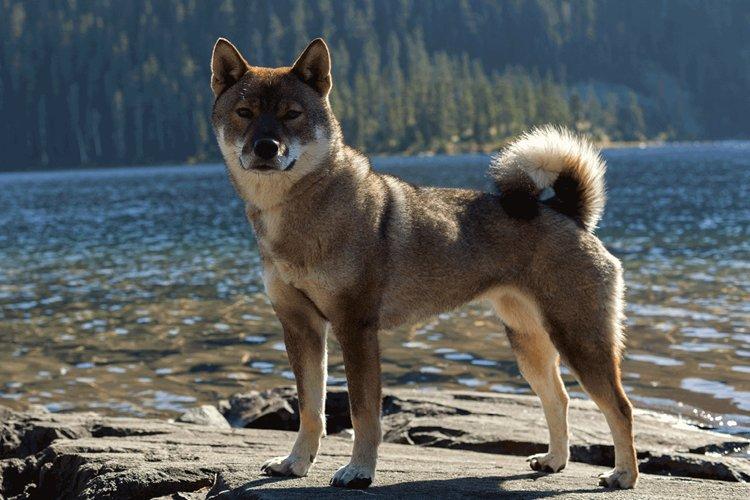
8. Kishu
An amazing breed after the Second World War became a national treasure of Japan. Kishu are dogs of many talents, from shepherding to fishing. They are stubborn, slightly withdrawn and cold, therefore they require patience, but they are completely non-aggressive and are ready to defend the owner correctly.
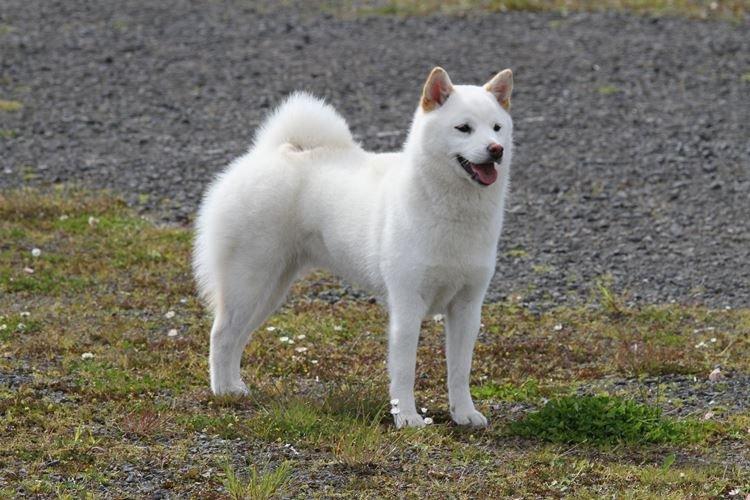
9. Hokkaido
The second name of this breed is Ainu, and outwardly it resembles Spitz. These are very ancient, rare and valuable dogs, ideally adapted for mountainous terrain and difficult living conditions. She was not taken out on purpose, which means that the main features of her appearance and character were formed under the influence of natural selection. Hokkaido is very courageous, determined and well-versed in new terrain or in an unfamiliar situation.
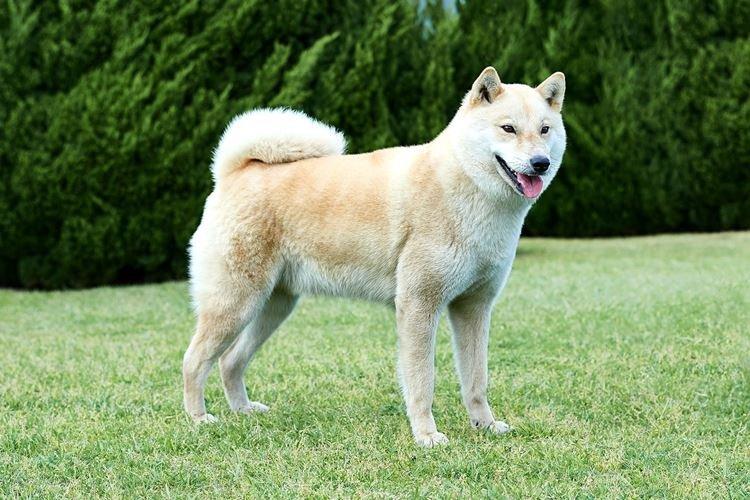
10. Japanese Terrier
Another not quite typical and rare breed for Japan is the hunting terrier. They are not too big and cannot stand the cold, so they feel good in the apartment and walk in the park. Adult dogs are very empathic, easily catch the mood of the owner, and also have impeccable hearing and smell.
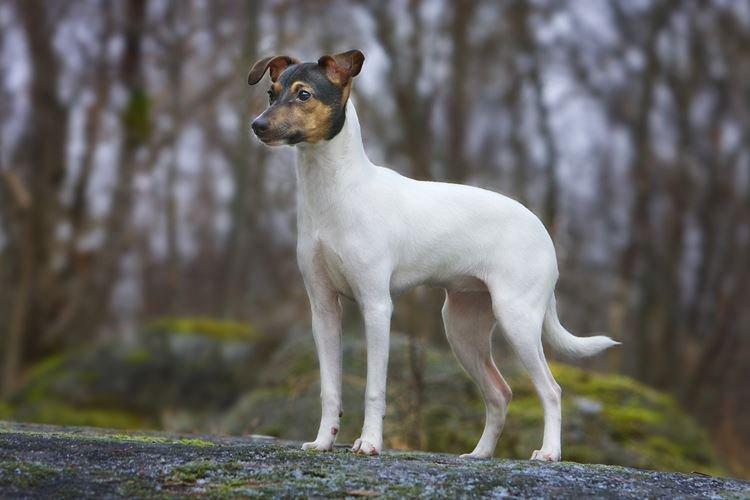
11. Japanese Spitz
Small decorative dogs rarely grow more than 8 kg, and this is 8 kg of lush beautiful wool. They are very brave, cheerful and active, but they require patience and perseverance from the owner. Japanese Spitz are adored on TV shows and used during performances for their endless cheerfulness and charm.
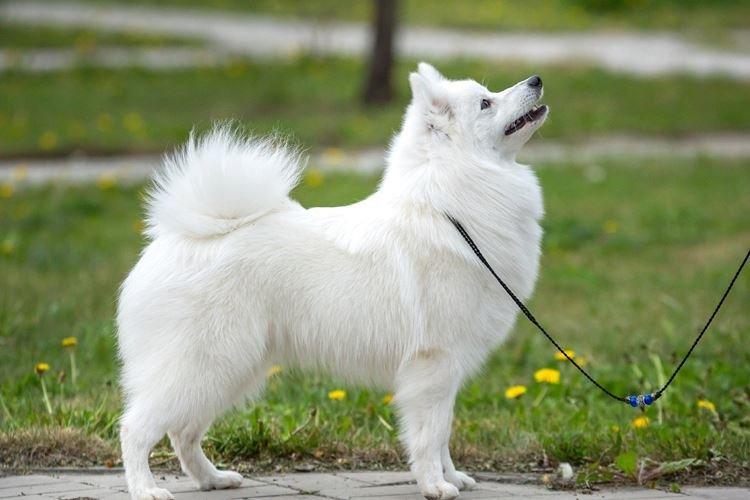
12. Hin
A tiny decorative breed weighing about 3 kg - one of the oldest breeds in Japan. Chins can live in absolutely any premises, but they are not at all adapted to the street. These dogs are easy to train, but can not stand boredom, so you have to try with a choice of tasks more interesting.
